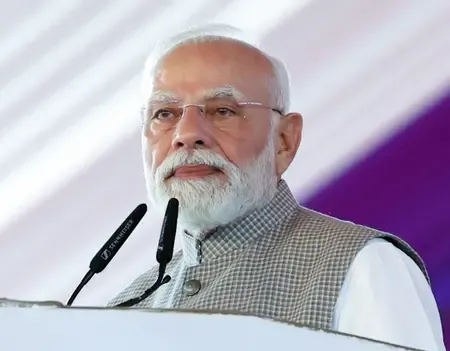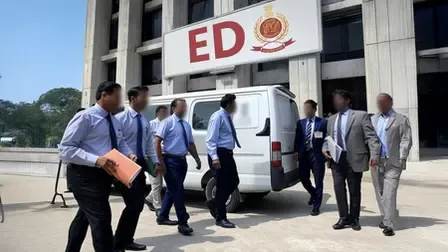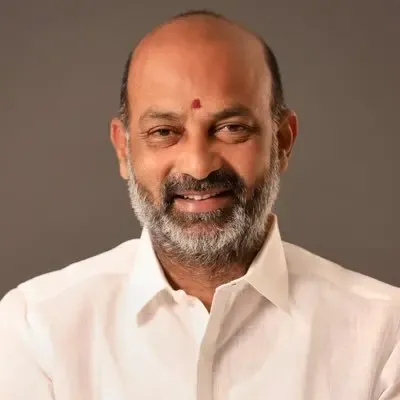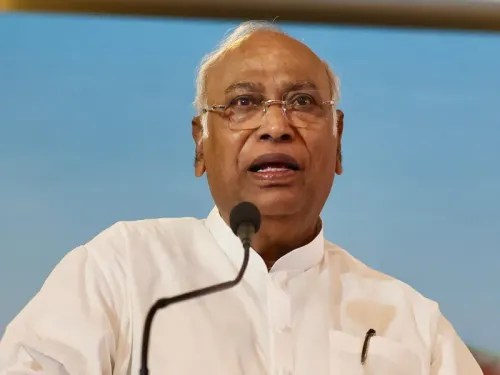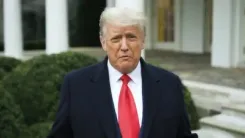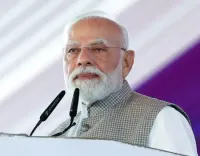Rai Unveils Immigration Bill for Foreigners' Entry Despite Opposition
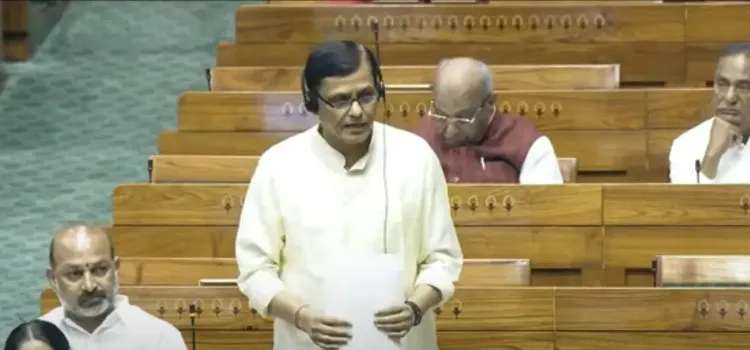
Synopsis
Key Takeaways
- Introduction of the Immigration and Foreigners Bill, 2025
- Modernization of immigration laws
- Mandatory reporting by educational institutions
- Government prerogative on foreign entry
- Retaining relevant clauses from outdated laws
New Delhi, March 11 (NationPress) Union Minister of State for Home, Nityanand Rai, presented the Immigration and Foreigners Bill, 2025, in the Lok Sabha on Tuesday, which aims to modernize and consolidate India's immigration laws, replacing four existing statutes with a comprehensive framework.
During the introduction of the Bill, Rai emphasized that the government aims to incorporate a provision for compounding crimes and enhance compliance among various agencies managing immigration, passports, and the registration of foreigners.
Addressing concerns from certain Congress and Trinamool Congress members, he clarified, “The government is not introducing the Bill to prevent anyone from entering the country.”
The legislation mandates that universities, medical colleges, and nursing homes must notify the government regarding the admission of foreigners, with penalties for non-compliance.
Rai asserted that the authority to allow foreign entrants is a government prerogative tied to national security, stating, “India is a fast-developing country, and while we aim to boost tourist arrivals, national security remains a priority.”
The Bill empowers the Centre to stipulate requirements for passports and other travel documents for individuals entering and exiting India.
Rai noted that the Modi government is discarding outdated provisions while retaining relevant clauses in the proposed comprehensive law.
The proposed legislation seeks to replace the Passport (Entry into India) Act, 1920; Registration of Foreigners Act, 1939; Foreigners Act, 1946; and Immigration Act, 2000.
“Two of these laws were enacted during World War I and II,” he remarked, highlighting the necessity to eliminate obsolete regulations.
In response to Congress member Manish Tewari’s inquiry about the legislative competence for drafting such a Bill, Rai stated that the matter falls within the government’s authority as it is included in the Union List in Schedule 7.
Tewari previously opposed the Bill, suggesting it should either be retracted or referred to a parliamentary committee, arguing that its provisions infringe upon multiple constitutional rights and international agreements.
He criticized the requirement for hospitals to disclose patient and attendant details to the government as potentially violating medical ethics.
Saugata Roy of Trinamool Congress labeled the Bill as “superfluous”, arguing that the requirement for universities and medical colleges to notify the government prior to admitting foreigners would “restrict the flow of talent” in academic and medical fields.
Roy pointed out that while the Bill claims to reduce the number of laws, the introduction of fines for non-compliance is unwarranted.
He cautioned that increased bureaucratic intervention would complicate the stay of foreigners in India.

